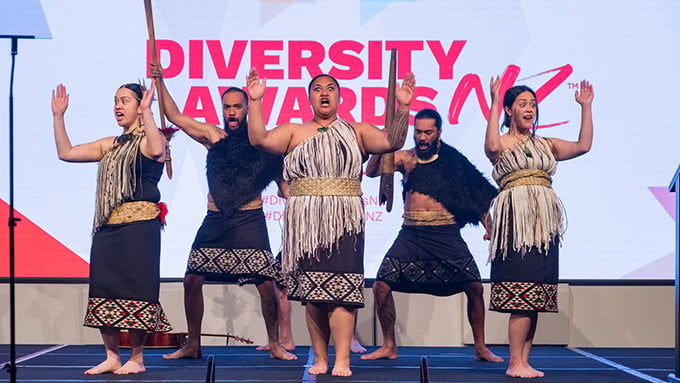Over the past few months, two major changes to employment law have been introduced, each with implications for how fairness is defined and upheld in New Zealand workplaces. Both carry far-reaching implications for how we value work, protect employees, and ensure everyone – regardless of role, background, or bargaining power – has a fair opportunity to thrive.
As the national body for workplace diversity, equity, and inclusion, Te Uru Tāngata has examined these changes through the lens of fairness, inclusion, and long-term social cohesion.
While different in scope, the Equal Pay Amendment Act 2025 and the Employment Relations Amendment Bill 2025 both point to the same troubling trend – a narrowing of rights and protections without corresponding measures to safeguard equity.
Equal Pay Amendment Act 2025
The Equal Pay Amendment Act was passed under urgency, without public consultation or Select Committee scrutiny. It removes active pay equity claims – some of which have been many years in the making – from workers in female-dominated professions such as librarians, care workers, nurses, and social workers.
The Act also eliminates “review clauses” from existing settlements – the mechanisms that ensure equity gains are maintained as roles evolve, and markets change. Without these, inequities will inevitably return. The new requirement for a workforce to have been at least 70 per cent female for ten consecutive years before a claim can be raised, combined with strict limitations on pay comparisons, makes future claims far harder to bring.
These changes disproportionately impact low-paid women, particularly Māori and Pacific women, who are overrepresented in essential but undervalued sectors. The removal of accessible pathways to fair pay compounds gender, ethnic, and income inequality.
In our submission to the People’s Select Committee we called for the Act to be repealed in full. We also asked for discontinued claims to be restored, review clauses to be reinstated, and any future reform to be grounded in consultation, evidence, and good-faith process.
Employment Relations Amendment Bill 2025
The Employment Relations Amendment Bill is framed as improving flexibility and certainty. However, in its current form, it strips away key workplace protections without putting inclusive safeguards in their place. It assumes all workers have equal bargaining power, confidence, and resources - an assumption that is out of step with the realities of systemic inequality.
Among its most concerning provisions:
- Contractor classification changes risk locking more people - especially women, Māori, Pacific peoples, disabled and migrant workers - out of employee protections.
- Restrictions on personal grievance remedies could deny compensation to workers whose reactions under stress are misinterpreted, disproportionately affecting those from underrepresented backgrounds.
- High-income exclusions remove dismissal protections from those earning over $180,000, despite evidence that bias and marginalisation persist at senior levels.
- Repealing the 30-day rule could deprive new employees in vulnerable sectors of early access to fair conditions.
- Weakened procedural fairness requirements risk undermining transparency and allowing bias to influence dismissal decisions.
This Bill increases the burden on individual workers to self-advocate while removing the guardrails that ensure fairness, particularly for those without the resources or knowledge to navigate complex employment negotiations.
In our submission we called for amendments to retain core protections, guarantee access to independent advice, and ensure all employment processes are transparent, culturally responsive, and fair.
Why this matters
When the protections that underpin workplace fairness are altered, those with less power, security, or voice are most at risk of losing ground.
Taken together, these two laws represent a narrowing of rights and protections for the very workers who can least afford to lose them. They risk deepening inequality, eroding trust, and weakening the foundations of workplace inclusion.
Te Uru Tāngata will continue to advocate for legislation that protects dignity, fairness, and opportunity for all. Sustainable economic growth is built on inclusion. When every worker has security, respect, and a fair chance to succeed, productivity rises, innovation flourishes, and the benefits of growth are shared across society.

.png)

%20(560%20x%20560%20px)%20(600%20x%20600%20px)%20(230%20x%20120%20px)%20(1440%20x%20480%20px)%20(680%20x%20383%20px).png)
%20(1).png)